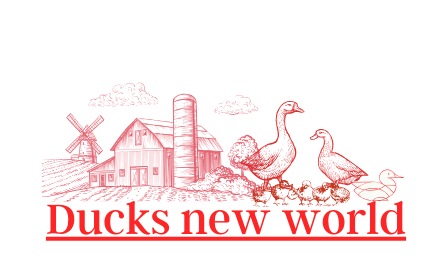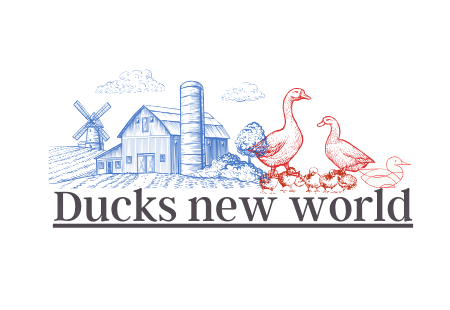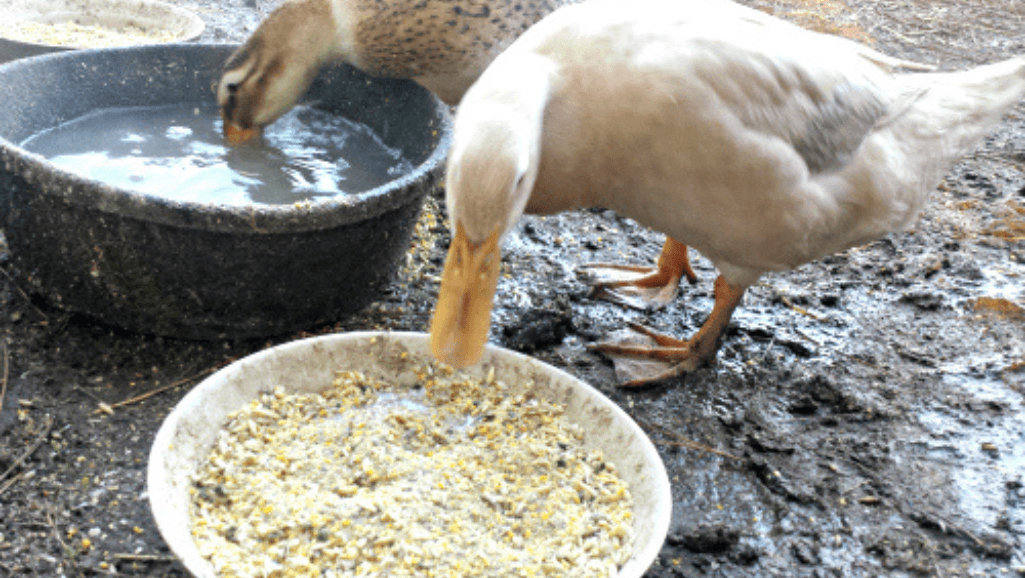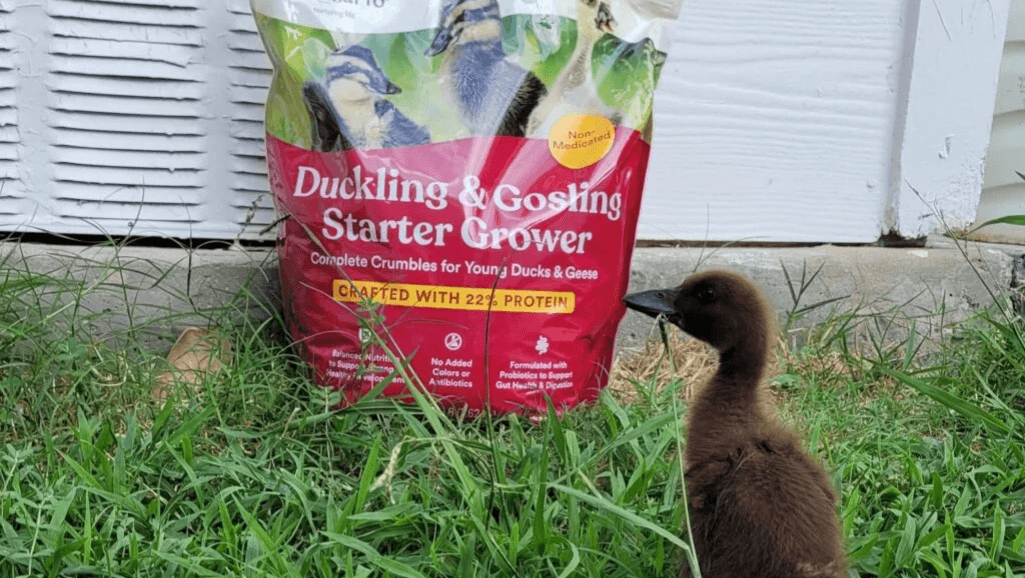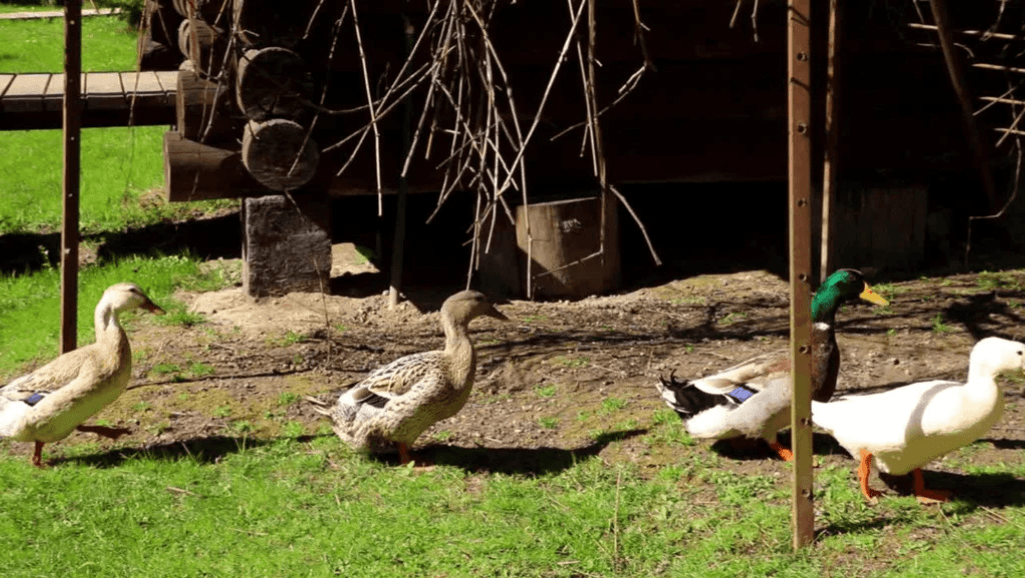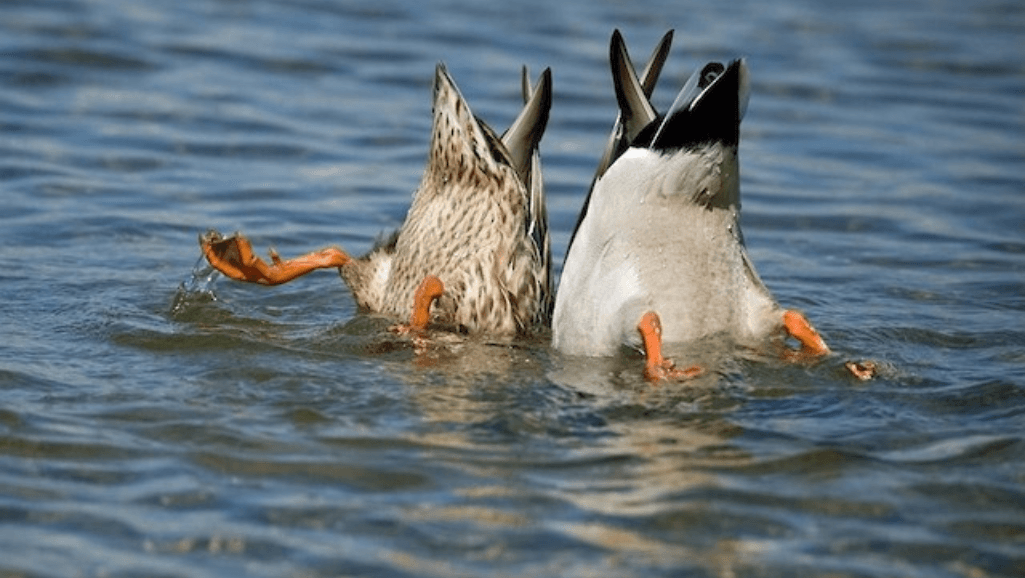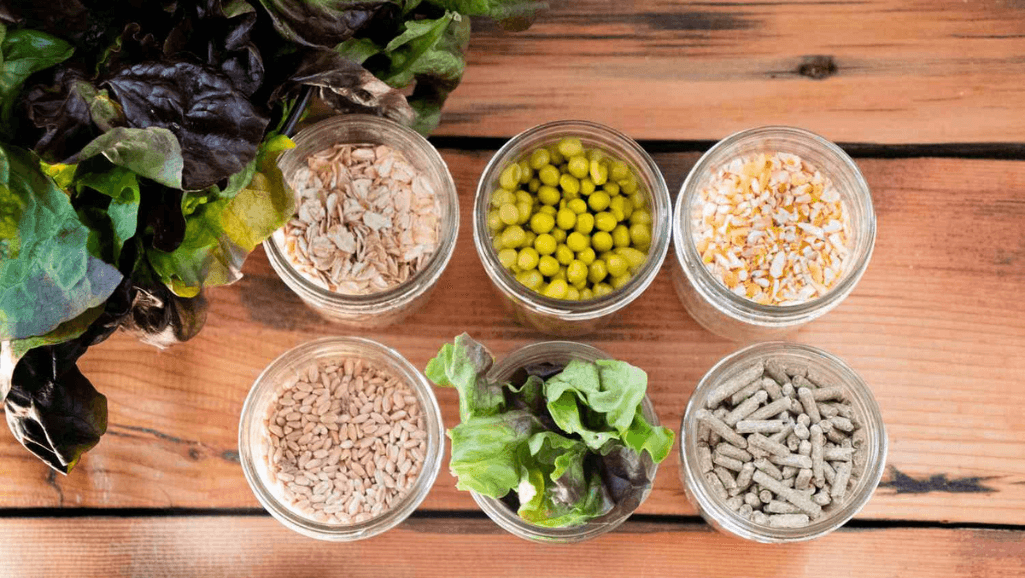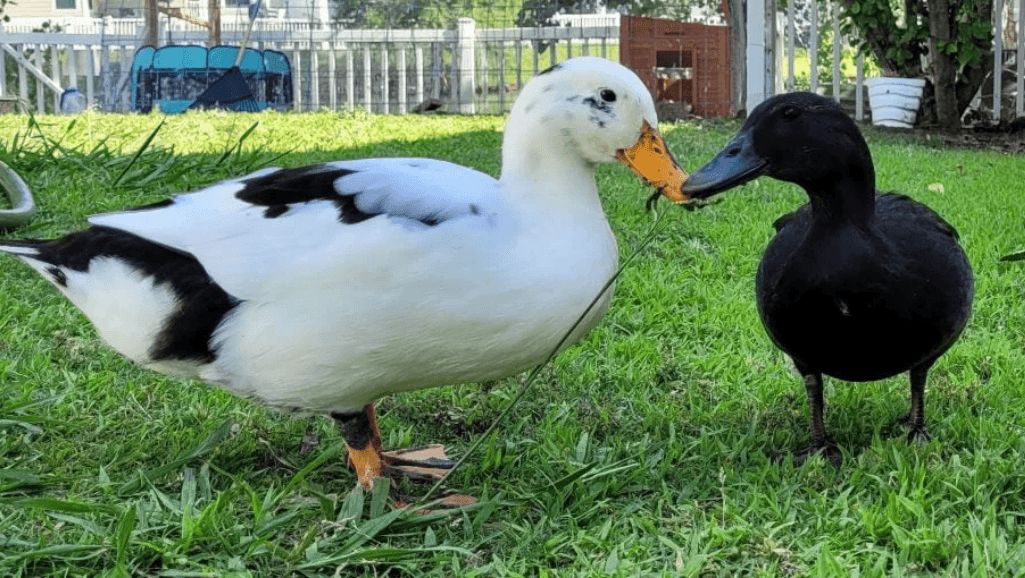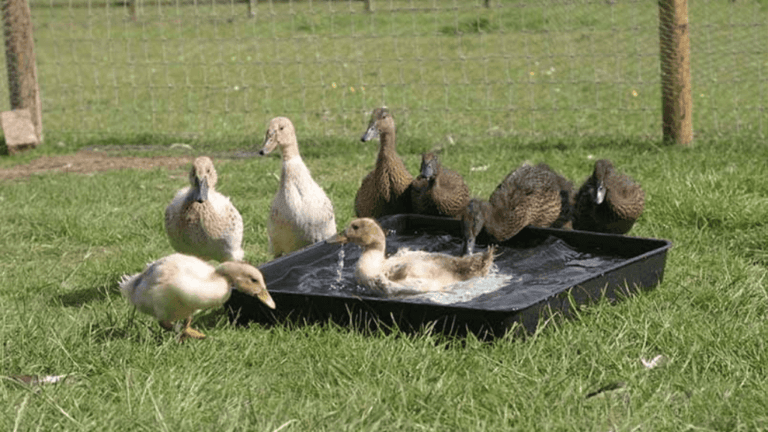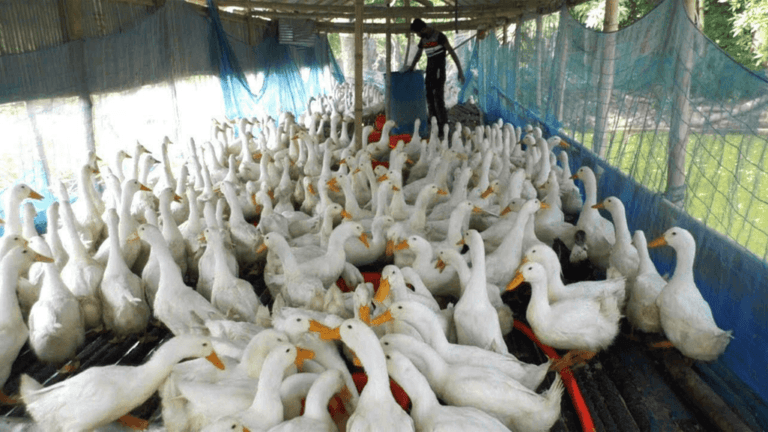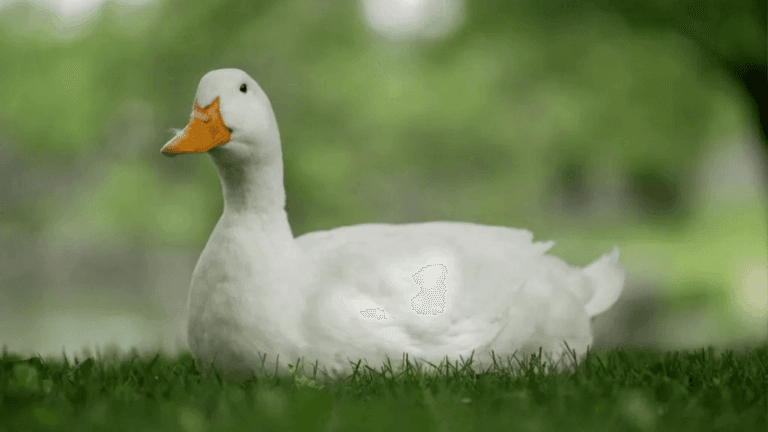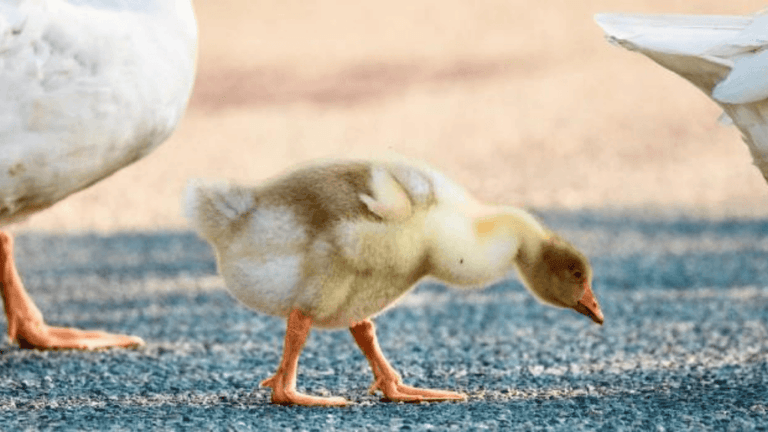Raising a healthy flock in your backyard starts What to Feed Ducks at Home with understanding their dietary needs. Ducks thrive on balanced nutrition, which directly impacts their egg production and overall vitality. Providing the right food ensures they stay active, happy, and productive.
This guide explores safe and healthy options that align with their natural foraging habits. From leafy greens to protein-rich snacks, you’ll discover the best choices to keep your ducks in top shape. Expert tips and detailed research are integrated to offer practical solutions for every backyard owner.
Whether you’re new to raising ducks or looking to refine their diet, this article provides the knowledge you need. By the end, you’ll feel confident in making the right feed decisions for your flock.
Key Takeaways
- Balanced nutrition is essential for a healthy duck flock.
- Natural foraging habits should guide their diet.
- Leafy greens and protein-rich snacks are ideal choices.
- Expert tips ensure practical feeding solutions.
- Proper feeding boosts egg production and vitality.
Understanding Duck Dietary Requirements
Ducks have unique dietary needs that differ from other poultry. Their health and productivity depend on a balanced diet rich in essential nutrients. Unlike chickens, ducks require specific vitamins and minerals to thrive, especially during their growth and egg-laying stages.
Key Nutrients for a Balanced Diet
Protein is a cornerstone of a duck’s diet, with adult layers needing around 16%. Niacin, or Vitamin B3, is also critical, as ducks require twice the amount compared to chickens. Calcium is another vital nutrient, with laying ducks needing 2.9% to support strong eggshells.
Other essential nutrients include phosphorus, manganese, and vitamins like A, D3, and K. These elements ensure proper growth, bone development, and overall health. For ducklings, a starter feed with at least 25 mg of niacin per pound is recommended.
Differences Between Ducks and Chickens
While ducks and chickens are both poultry, their nutritional needs vary significantly. Ducks require more niacin and have higher calcium demands during the laying period. Chickens, on the other hand, can thrive on lower levels of these nutrients.
Feeding ducks chicken feed can lead to deficiencies, especially in niacin. Additionally, medicated chick feed is not suitable for ducklings due to the risk of overdoses. For optimal health, ducks should have a diet tailored to their specific needs.
Expert recommendations suggest feeding adult ducks twice daily, with smaller portions in the morning. Ducklings, however, benefit from 4 to 6 meals a day to support their rapid growth. For more insights on creating a balanced diet for your flock, check out this detailed guide.
Essential Feeding Ingredients and Supplements
Ensuring your ducks receive the right nutrients is key to their health and productivity. A balanced diet goes beyond just food; it includes essential supplements and proper hydration. Understanding these elements can help you maintain a thriving flock.
The Role of Water and Grit
Fresh water is critical for ducks, not just for drinking but also for digestion. Ducks use water to soften their food, making it easier to process. Always ensure clean water is available, especially during feeding times.
Grit is another essential component. It helps ducks break down food in their gizzard, aiding digestion. While free-ranging ducks find grit naturally, those in confined spaces may need supplemental grit to stay healthy.
Importance of Niacin, Calcium, and Protein
Niacin, or Vitamin B3, is vital for ducks, especially ducklings. A deficiency can lead to skeletal issues. For ducklings, a diet with at least 25 mg of niacin per pound is recommended. Mature ducks also benefit from niacin-rich foods.
Calcium is crucial for laying ducks, as it supports strong eggshells. Oyster shell supplements are an excellent addition to their diet. Non-laying ducks require less calcium but still benefit from a balanced intake.
Protein is essential for growth and energy. Ducklings need higher protein levels, around 20%, for the first two weeks. Adult ducks thrive on 16% protein, especially during laying periods. A diet with varied dietary needs ensures optimal health.
By incorporating these elements, you can prevent deficiencies and support your flock’s overall well-being. For more detailed guidance, explore this comprehensive resource on duck nutrition.
What to Feed Ducks at Home: A Step-by-Step Guide
Crafting the perfect diet for your flock begins with understanding their unique needs. A balanced duck diet combines commercial feed, natural foods, and essential supplements. This guide will walk you through the process of selecting the right options for your flock.
Selecting Quality Commercial Feed
Choosing the right commercial feed is crucial for your flock’s health. Look for options specifically formulated for waterfowl, as they meet their nutritional requirements better than chicken feed. “Waterfowl feeds are designed to provide the right balance of protein, vitamins, and minerals,” explains an expert in poultry nutrition.
Key indicators of quality include non-GMO certification and nutrient freshness. Avoid feeds with artificial additives or fillers. For ducklings, a starter feed with at least 20% protein is essential during the first few weeks. Gradually transition to adult feed around 20 weeks of age.
Incorporating Home-Grown and Natural Foods
Supplementing commercial feed with home-grown options adds variety and nutrition to your flock’s diet. Fresh vegetables like kale, spinach, and peas are excellent choices. Grains such as oats and barley provide energy and are easy to digest.
Natural treats like mealworms or small fish offer high protein options. Remember, treats should make up no more than 10% of their overall diet. Always ensure fresh water is available, as ducks use it to soften their food and aid digestion.
By combining quality commercial feed with natural foods, you can create a balanced duck diet that supports their health and productivity.
Incorporating Natural Foraging and Fresh Produce
Natural foraging plays a vital role in keeping your flock healthy and active. Allowing your ducks to explore the garden not only supplements their diet but also encourages their natural behaviors. Fresh greens and insects provide essential nutrients that commercial feed alone cannot offer.
Utilizing Garden Scraps and Greens
Garden scraps like lettuce, kale, and spinach are excellent additions to your flock’s diet. These leafy greens are rich in vitamins and minerals, supporting overall health. Ducks also enjoy pecking at small insects, which provide a natural source of protein.
When offering garden scraps, ensure they are fresh and free from pesticides. Rotting or moldy produce can harm your birds. Incorporating these scraps into their diet adds variety and reduces waste in your garden.
Balancing Free-Ranging Benefits with Controlled Feeding
Free-ranging allows ducks to forage for bugs and plants, promoting nutritional diversity. However, it’s essential to monitor their access to prevent damage to crops or overconsumption of certain foods. Controlled feeding ensures they receive a balanced diet while still enjoying the benefits of foraging.
To strike this balance, designate specific areas for free-ranging and provide supplemental feed as needed. This approach keeps your garden thriving while meeting your flock’s dietary requirements.
By combining natural foraging with controlled feeding, you create a wholesome diet that supports your ducks’ health and happiness. This synergy between fresh produce and commercial feed ensures your flock thrives every day.
Avoiding Harmful Foods and Feeding Pitfalls
Feeding ducks the wrong foods can lead to serious health issues. While many items seem harmless, they can cause digestive problems or even toxicity. Knowing what to avoid ensures your flock stays healthy and happy.
Identifying Foods That Can Harm Ducks
Some foods are dangerous for ducks, even in small amounts. Avocados contain persin, which is toxic to birds. Moldy or spoiled food can cause lung infections. Raw potatoes and citrus interfere with calcium absorption, leading to weak bones.
Bread is a common but risky treat. It offers little nutritional value and can cause obesity. Dairy products are hard for ducks to digest, often resulting in stomach problems. Always double-check before offering new foods.
Common Feeding Mistakes and How to Prevent Them
Over-reliance on processed food is a frequent mistake. While commercial feed is essential, it should be balanced with natural options. Feeding too much at one time can lead to overeating and nutrient imbalances.
Another issue is ignoring the need for grit. Ducks use grit to grind their food, and a lack of it can cause digestive issues. Ensure your flock has access to clean water and grit at all times.
Safe Alternatives to Popular but Risky Treats
Instead of bread, offer leafy greens like kale or spinach. These provide essential vitamins without the risks. For protein, consider mealworms or small fish. Grains like oats and barley are also excellent choices.
For more detailed guidance on safe feeding practices, explore this comprehensive resource on duck nutrition.
Tailoring Diets for Different Duck Life Stages
Proper nutrition is the foundation of a thriving flock, especially when tailored to their life stages. From ducklings to mature layers, each phase requires specific nutrients to support growth, egg production, and overall health. Understanding these needs ensures your flock remains active and productive.
Feeding Ducklings Versus Adult Ducks
Ducklings need a high-protein diet to support rapid growth and feather development. A starter feed with 20% protein is ideal for the first few weeks. As they grow, their protein needs decrease to around 15-18% by 8-16 weeks of age.
Adult ducks, particularly layers, require a different approach. Layer feed with 16% protein and added calcium supports egg production. Non-laying ducks thrive on maintenance feed with lower protein levels. Avoid feeding ducklings layer feed, as its high calcium content can harm their kidneys.
Adjusting Diets for Laying, Molting, and Maintenance
During the laying period, increase calcium intake to ensure strong eggshells. Oyster shell supplements are an excellent choice. Molting ducks benefit from a protein boost to support feather regrowth. Mealworms or small fish can provide this extra high protein.
For maintenance, older ducks require a balanced diet with 12-14% protein. Monitor their weight to prevent obesity, especially in less active birds. Adjust portions weekly to meet their changing needs.
For more details on a specialized diet for ducklings, explore this comprehensive guide.
Conclusion
A thriving backyard flock starts with proper nutrition and care. By blending commercial feed with natural foraging, you ensure your ducks receive the nutrients they need. Fresh water, grit, and calcium supplements are essential for their health and productivity.
Tailor their diet to their life stage, whether they’re ducklings or mature layers. Observe your flock closely and adjust feeding routines with the seasons. A thoughtful approach ensures long-term well-being and a happy backyard family.
For more detailed care tips, revisit this guide and explore additional resources. Your flock’s vitality and happiness depend on your informed choices.
